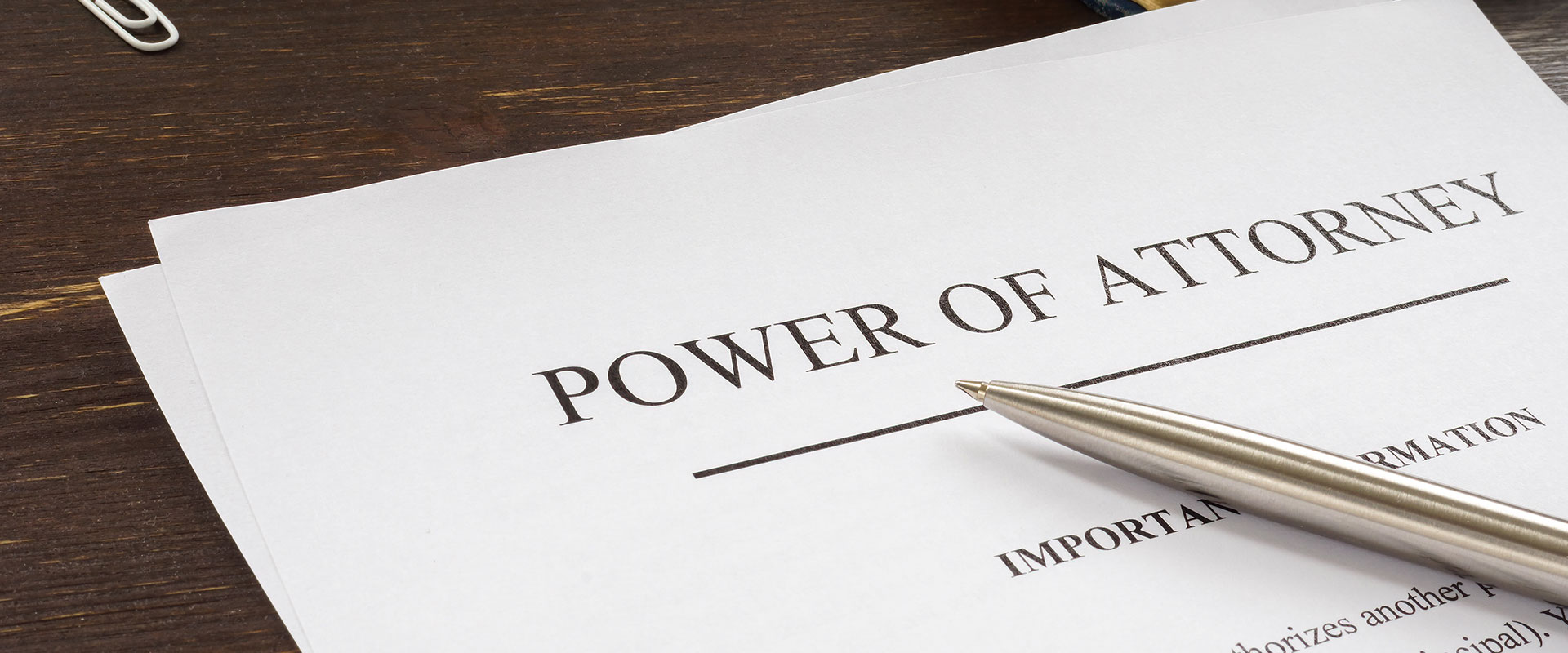
Challenging a Power of Attorney or Enduring Guardianship
This week we had a client come into our office and ask us a very simple question; what happens if I lose my capacity and my family do not think that my attorney or guardian are doing the right thing by me even though I appointed them when I was of sound mind?
We figure that a lot of our clients probably have this question.
If a person has been appointed as an attorney or guardian of a principal who subsequently loses their capacity, and they are doing things that are not in the best interest of the principal, or breaching the document in some way, there are two main avenues for a concerned party to challenging the appointment of the attorney or guardian or have it reviewed.
The first avenue of redress is to make an application to the NSW Civil & Administration Tribunal (NCAT).
NCAT has the power to review powers of attorney and make orders in relation to a person’s guardianship in a number of circumstances. This includes if there is some suggestion that the person making the power of attorney or guardianship did not have mental capacity to do so at the time that it was executed, or if there are no capacity issues but the person being appointed as the guardian or attorney is not acting in the best interests of the principal.
The reason that this comes up so often is that attorneys are not supervised, and they are not required to report to any authority. An attorney can be compelled to provide accounts of how they are spending a person’s money or disposing of their assets, however practically they essentially have free reign, particularly if a person has lost their capacity to manage their affairs.

Similarly, in the context of enduring guardianship, the person appointed by the principal who has lost their capacity essentially stands in their shoes and makes decisions for them about their health and lifestyle, even if these decisions are at odds with what the person would have decided themselves if they had the capacity to do so.
A concerned person can make an application to NCAT to revoke, suspend, confirm or vary the appointment of an enduring guardian, and NCAT will need to be satisfied that such action is in the best interests of the principal.
The second avenue for redress if you have concerns about the actions of an enduring guardian or an attorney is to make an application in the Supreme Court of NSW for review of the appointment.
Applications to the Supreme Court of NSW are arguably a much more complex and expensive process than an application to NCAT.
The benefit of NCAT is that a person is unlikely to require the assistance of a lawyer to make such an application, whereas in the case of an application to the Supreme Court of NSW it is much more difficult to achieve without the assistance of a trained solicitor.
If you have concerns that an attorney or enduring guardian is not acting in the best interests of the person who appointed them, contact us for some guidance as to what you can do to assist.
Latest Posts
Appealing a Licence Suspension
If you have received a letter from Roads & Maritime Services indicating that your licence has been suspended.....
The Jury System in NSW
Most adult members of the community will be called for jury duty at some stage in their lives. This involves attending...
Property Ownership in New South Wales
It is very common in New South Wales for people to enter into co-ownership agreements in relation....
